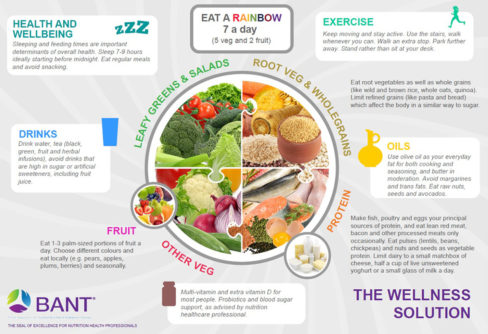So many of us have a sweet tooth. Having a sweet treat can be uplifting at times and give us a point of reference to share something fun and delicious with another person.
Everything in moderation…
Having something sweet is fine in moderation. However, more and more people around the world are making sugar a regular feature in their diets without realising the consequences to health and immunity.
Our body can only process around two teaspoons of sugar at any one time. The American Heart Association recommends no more than six teaspoons (25 grams) of added sugar a day for women and nine teaspoons (36 grams) for men. But the average American (and now more people in the UK) have way more – 22 teaspoons a day (88 grams).
It is easy to overdo it. Just one 12 ounce can of regular soda has 10 teaspoons of sugar and no nutritional benefit (1).
Natural versus processed sugar
While sugar found in fruit or other natural sources can give the body a little boost (mostly because it’s paired with great-for-your body things like fibre and vitamins), processed sugar tends to have some unpleasant effects on the body as a whole.
“Consuming too much sugar can affect the cells in your immune system that target pathogens such as bacteria and viruses. Sugar affects the way your white blood cells attack pathogens”, explains board-certified Internist and Gastroenterologist Niket Sonpal.
“Nutrient deficiencies can increase your risk level when warding off infection, and food items with high levels of refined sugar are usually nutritionally obsolete. Triggering low-grade inflammation in the body.” (2)
A strong immune system can help protect the body from various diseases and health complications. Support your immune system by following a healthy, nutritious diet with little to no refined sugars. (3)
What does a healthy, nutritious diet look like?
The chart from the British Association of Nutritional Therapists below highlights the importance of a balanced diet, good hydration, regular exercise and good quality sleep. Click the image to enlarge.
The take-aways:
- Reduce your sugar intake for better immunity and overall health.
- Eat more vitamin C rich foods and colourful vegetables to help boost your immune system.
- Find healthy alternatives when snacking and add in a protein to buffer glucose release from foods into the blood stream.
References:





